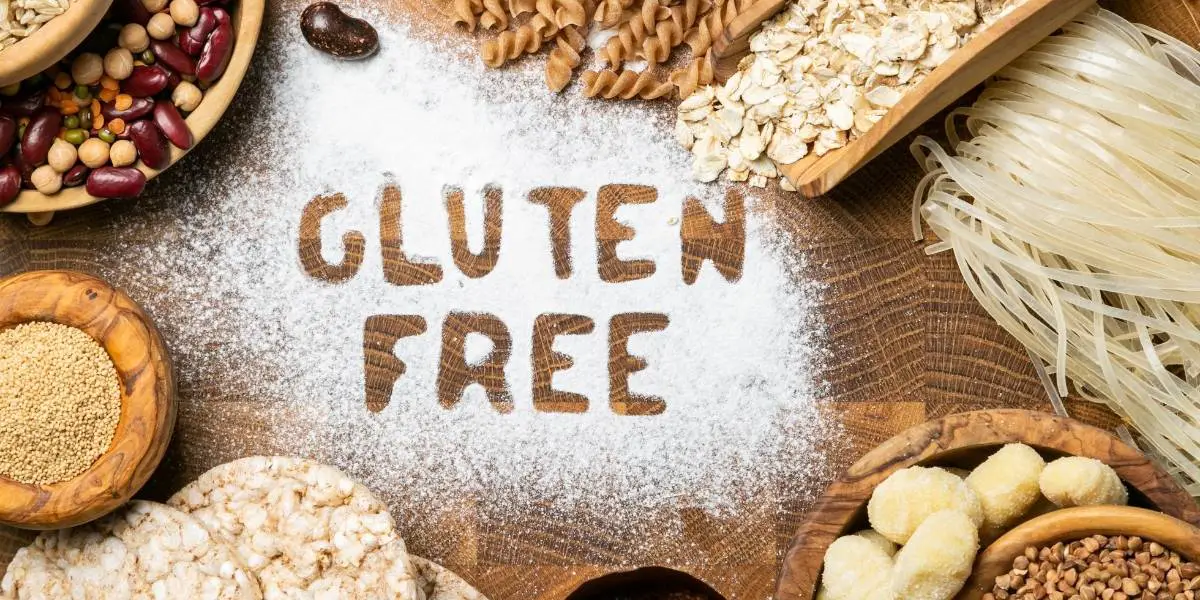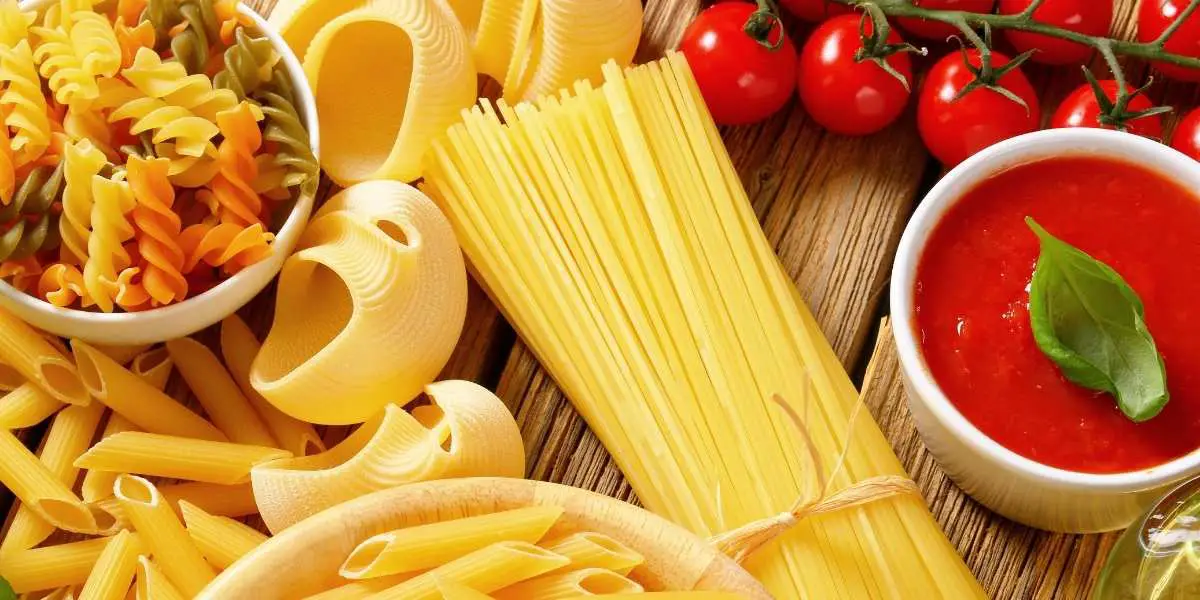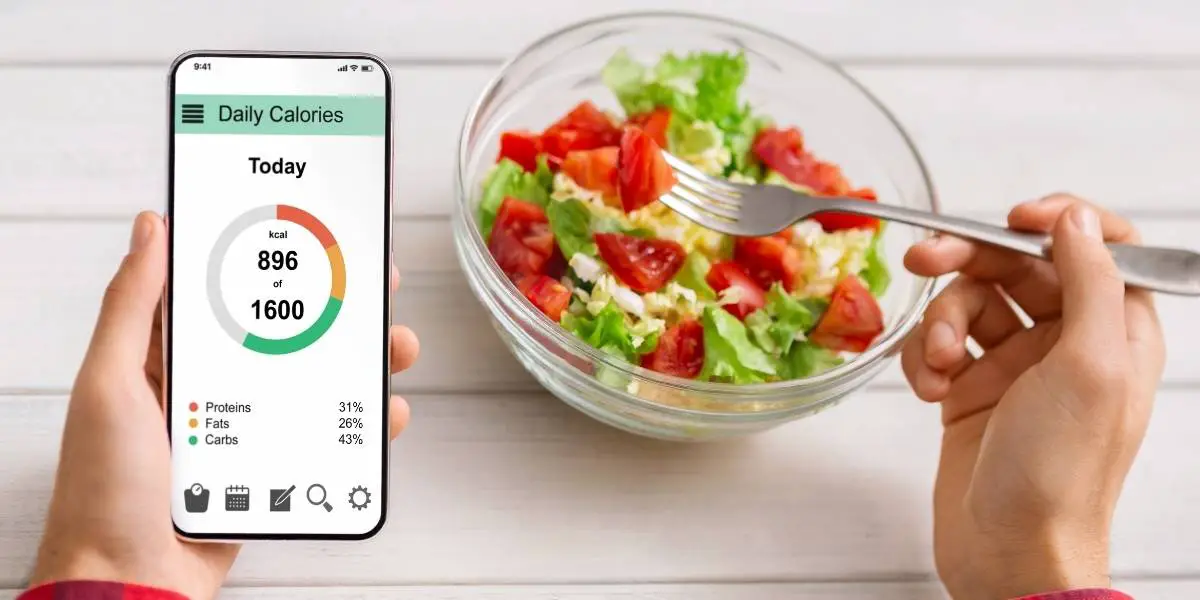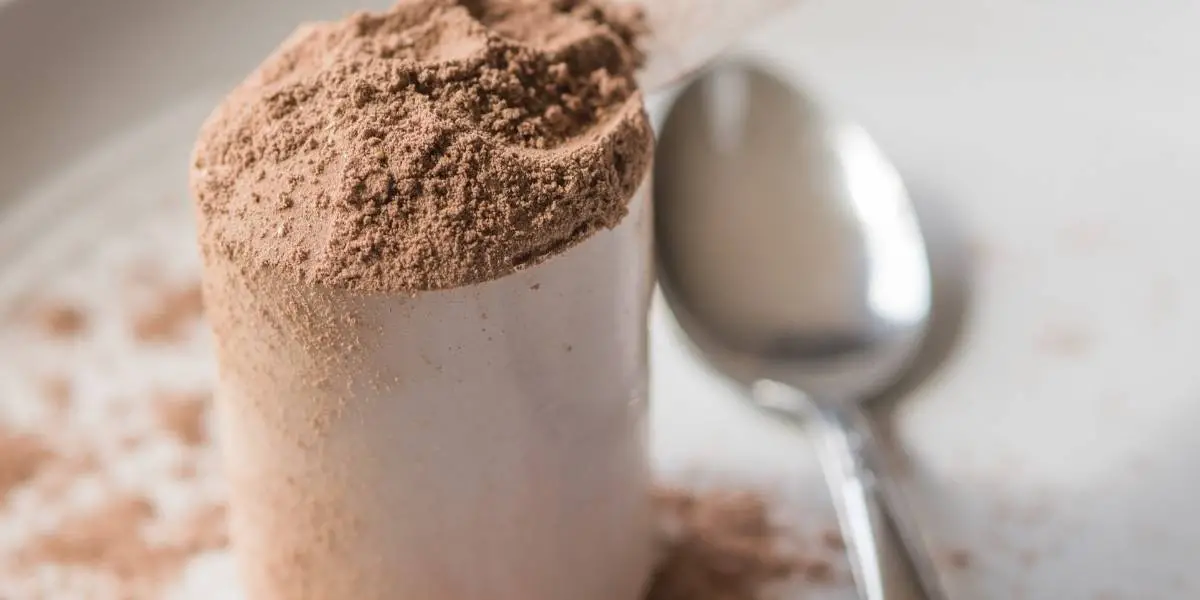What to do after the keto diet? There is no one-size-fits-all answer to this question, as the best course of action after completing a keto diet will vary depending on the individual’s goals and health status.
However, some general tips that may be helpful include gradually reintroducing carbohydrates and other healthy foods back into the diet, maintaining a healthy weight, and exercising regularly.
How to Maintain Your Health and Weight Loss Results After the Keto Diet
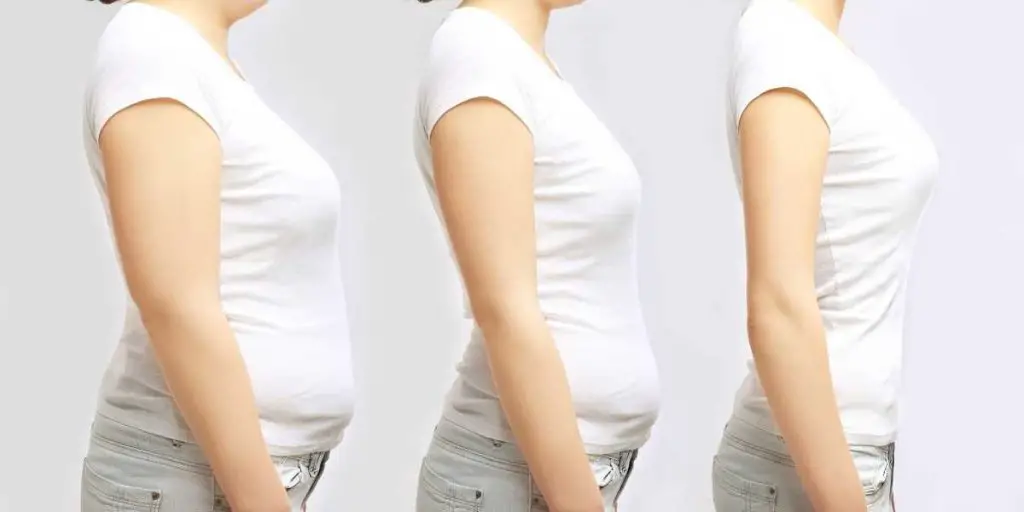
There are a few things you can do to help maintain your health and weight loss results after the keto diet.
1. Drink plenty of water. This will help to flush out your system and keep you hydrated.
2. Eat plenty of fiber. This will help to keep your digestive system moving and help to prevent constipation.
3. Eat moderate amounts of protein. Too much protein can kick you out of ketosis, so make sure to eat just enough to support your muscle mass.
4. Get regular exercise. This will help to boost your metabolism and help to keep your weight loss results.
5. Avoid processed foods and sugary snacks. These can quickly sabotage your hard work and lead to weight gain.
By following these simple tips, you can help to maintain your health and weight loss results after the keto diet.
10 Foods to Add Back to Your Plate After the Keto Diet
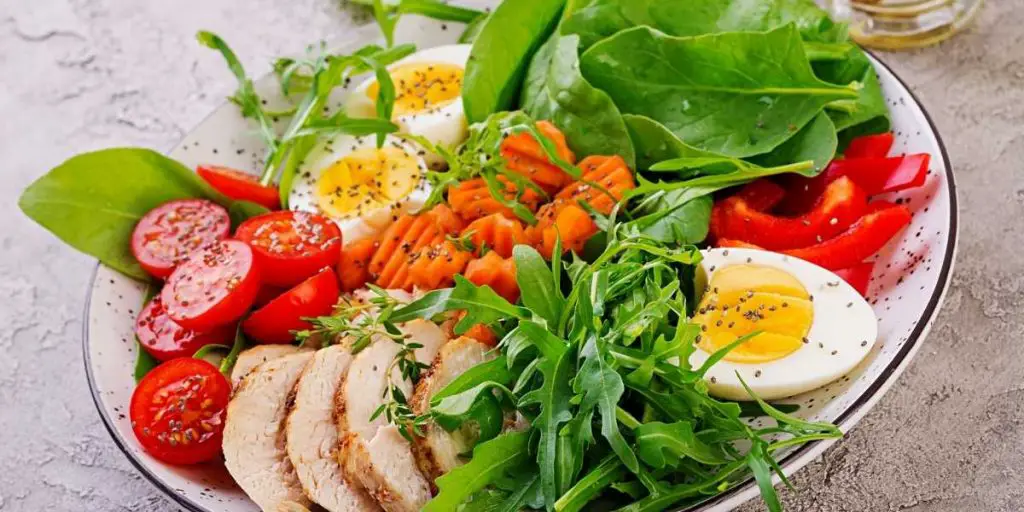
If you’re anything like me, the keto diet was a bit of a shock to your system. After years of eating a high-carb diet, it can be tough to make the switch to a low-carb, high-fat diet. But once you do, you may find that you’re missing some of your old favorites. Here are 10 foods to add back to your plate after the keto diet.
1. Potatoes
Potatoes are a great source of complex carbohydrates and offer a variety of health benefits. They’re also a delicious way to bulk up meals.
2. Rice
Rice is another complex carbohydrate that can be a great addition to your diet. It’s versatile and can be used in a variety of dishes.
3. Beans
Beans are a great source of protein and fiber. They can be used to add bulk and texture to meals.
4. Lentils
Lentils are another great source of protein and fiber. They can be used in soups, stews, and salads.
5. Quinoa
Quinoa is a nutritious grain that’s high in protein and fiber. It’s a great addition to any meal.
6. Oats
Oats are nutritious grains that are high in fiber. They can be used in a variety of dishes, including oatmeal, granola, and baked goods.
7. Fruit
Fruit is a great source of vitamins, minerals, and antioxidants. It’s a delicious way to add sweetness to meals.
8. Vegetables
Vegetables are a great source of vitamins, minerals, and fiber. They can be used in a variety of dishes, including salads, soups, and stir-fries.
9. Nuts
Nuts are a great source of healthy fats, protein, and fiber. They make a great snack or addition to meals.
10. Seeds
Seeds are a great source of healthy fats, protein, and fiber. They can be used in a variety of dishes, including granola, baked goods, and salads.
Why It’s Hard to Maintain Weight Loss After Keto?

There are a number of reasons why it can be difficult to maintain weight loss after following the ketogenic diet. First of all, the keto diet can be difficult to stick to in the long term. It is a very restrictive diet that requires careful planning and preparation in order to be successful. This can make it hard to maintain in the long term, especially if you have a busy lifestyle.
Additionally, the keto diet can cause some side effects such as the “keto flu” which can make it difficult to stick to the diet. Finally, when you do lose weight on the keto diet, it is often water weight and not necessarily a fat loss, which can make it difficult to maintain the weight loss in the long term.
What Actually Happens to Your Body When You Stop the Keto Diet?
When you stop the keto diet, your body will no longer be in a state of ketosis. This means that your body will no longer be burning fat for fuel and will instead revert back to burning carbohydrates for energy. This can lead to weight gain, as well as a decrease in energy levels and an increase in cravings for sugary and high-carb foods.
3 things to do when quitting the keto diet to avoid gaining back the weight you lost.
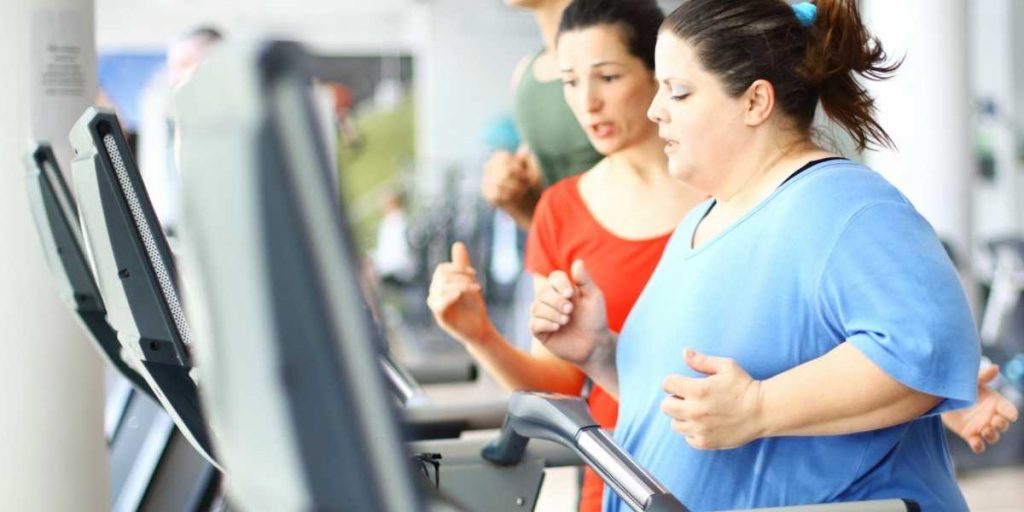
1. Avoid processed foods and sugary drinks: These are high in carbs and can quickly kick you out of ketosis.
2. Eat more protein and healthy fats: This will help to keep you feeling full and satisfied, so you’re less likely to overeat.
3. Get plenty of exercise: This will help to boost your metabolism and keep your weight down.
After the keto diet side effects
After a person stops following the keto diet, they may experience a range of side effects. These may include weight gain, cravings for high-carbohydrate foods, and fatigue. Some people may also feel irritable, moody, or depressed.
Eating carbs after keto weight gain
If you’ve been following a keto diet and have seen weight gain, it may be due to eating too many carbs. While carbs are essential for energy, too many can lead to weight gain. Try cutting back on carbs gradually to see if weight loss resumes. If weight gain persists, speak with a healthcare professional to see if the keto diet is right for you.
Will I gain the weight back after keto?

Most people will not gain the weight back after keto, as long as they stick to the diet. However, if someone goes off of the diet and begins eating a lot of carbs again, they will most likely gain weight.
Can I still lose weight after keto?
It is possible to lose weight after following the ketogenic diet, but it may be more difficult than if you were following a different diet plan. This is because the keto diet can make it harder to stick to a calorie-restricted diet, and you may also have trouble getting enough nutrients if you are not eating a variety of keto-friendly foods. If you are struggling to lose weight or are not seeing the results you want, you may want to consider speaking with a registered dietitian or your doctor to see if another diet plan may be a better fit for you.
What happens if you eat a lot of carbs after keto?
If you eat a lot of carbs after keto, your body will go into “carb mode” and start storing them as fat. This can lead to weight gain and other health problems.
Does keto stop working after a while?

The keto diet may stop working after a while for some people. This is because the body may adapt to the low-carb, high-fat diet and become less efficient at burning fat for energy. The keto diet may also become less effective for weight loss after a while.
Why have I stopped losing weight on keto after a month?
There are a number of potential reasons why someone might stop losing weight on the keto diet after a month. It’s possible that they reached a weight loss plateau, meaning they burned through all their easily accessible stored body fat and need to now create a calorie deficit in order to continue losing weight. It’s also possible that they are not following the diet correctly and are not in ketosis, or that they are not getting enough calories and/or protein. If someone is not losing weight on keto after a month, they should consult with a registered dietitian or doctor to find out what might be causing the stall in their weight loss.

![What to do after the keto diet? [Details Explained]](https://foodnimki.com/wp-content/uploads/thumbs_dir/keto-diet-what-to-expect-pxvlrqkg7q0vn8hjr4e8e4ii1fi6bx30ppq9l5u5h8.jpg)
![What to do after the keto diet? [Details Explained]](https://foodnimki.com/wp-content/uploads/thumbs_dir/Are-Carbs-OK-For-Fatty-Liver-pxvlq81t7by8xuoqlgtvdi9rl2yvxh2l67w3r42zi4.jpg)
